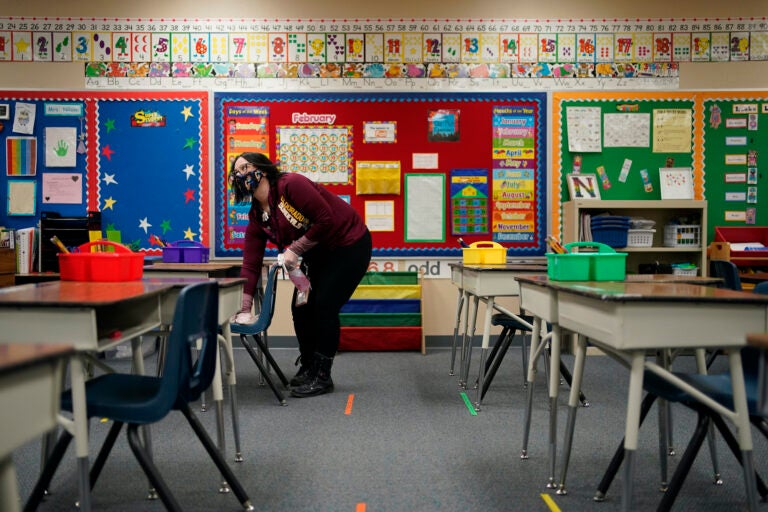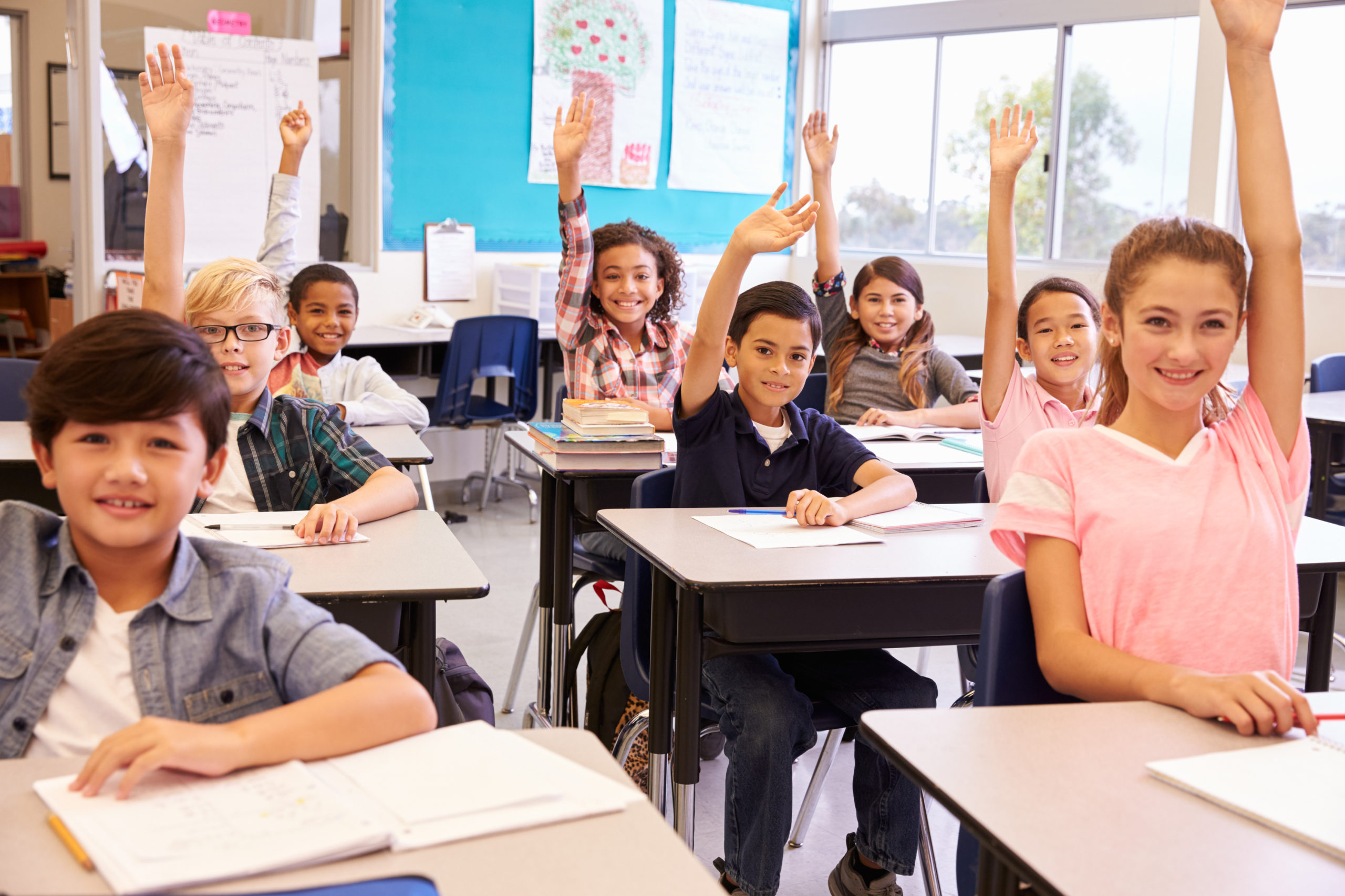The Impact of College Environments on Academic Success and Personal Health
The layout of instructional areas, including natural illumination and ergonomic furniture, can improve pupils' focus and convenience. How can schools tactically improve these aspects to better sustain their trainees?
Physical Layout and Layout
How does the physical format and design of a college impact scholastic success? The arrangement and aesthetic of an institution setting can dramatically affect pupils' discovering outcomes.
All-natural lights and reliable air flow systems are critical in improving cognitive feature and minimizing absenteeism. Researches have revealed that class with enough all-natural light boost pupil focus and lower sensations of drowsiness. Furthermore, ergonomic furnishings customized to students' requirements can stop physical discomfort, permitting for prolonged emphasis and engagement in scholastic tasks.
Access to outdoor spaces and visually pleasing surroundings also play a critical function - Save Temecula Schools. Green areas and well-maintained college premises supply opportunities for workout and mental leisure, both of which are vital for preserving high degrees of academic efficiency. Essentially, an attentively made physical atmosphere can offer as a driver for scholastic quality, cultivating an ambience that supports both mentor and discovering
Class Atmosphere
A setting that fosters a feeling of safety, inclusivity, and common regard encourages trainees to involve more proactively in their discovering processes. The atmosphere of a class, consisting of elements such as lighting, noise levels, and seating setups, can significantly impact trainee concentration and inspiration.
Additionally, the classroom environment should sustain a culture of collaboration and open interaction. They are much more most likely to engage deeply with the product and create vital assuming abilities when pupils feel comfy expressing their ideas and asking inquiries. Peer interactions and team activities can improve discovering by giving diverse perspectives and fostering teamwork
Additionally, developing clear assumptions and constant routines can develop an organized environment that enables trainees to concentrate on their studies. By decreasing uncertainty and offering a predictable framework, students can better manage their time and responsibilities. Ultimately, a favorable class ambience not only enhances academic performance yet also adds to the general wellness of students, preparing them for future instructional and individual endeavors.
Teacher-Student Relationships
Building on the importance of a favorable class ambience, the connections in between teachers and pupils play a pivotal duty fit academic success. A healthy teacher-student relationship cultivates a learning setting where trainees feel valued, comprehended, and supported, which substantially improves their inspiration and engagement. When students perceive their educators as approachable and empathetic, they are a lot more most likely to get involved proactively in class and seek aid when needed, adding to a deeper understanding of the topic.

This trust allows pupils to express their problems and ideas freely, fostering a joint discovering setting. In significance, solid teacher-student connections are a foundation of instructional success, playing an essential duty in both academic accomplishment and individual advancement.
Peer Communications
Peer interactions considerably affect scholastic success by forming a student's social and cognitive growth. Positive peer interactions can enhance a trainee's inspiration and engagement in academic tasks via collaborative learning and shared support.

Reliable peer interactions also add to the advancement of important life skills, such as communication, dispute, and cooperation original site resolution. These social proficiencies are crucial for both academic success and individual well-being, emphasizing the significance of promoting favorable peer dynamics within the school environment.
After-school Activities
Involving in extracurricular tasks plays a critical duty in a student's scholastic success and individual development. Research study consistently indicates that pupils who participate in extracurricular tasks tend to accomplish higher scholastic efficiency.
Furthermore, extracurricular participation promotes a sense of belonging and neighborhood, which is necessary for personal well-being. Taking part in team activities allows pupils to construct and strengthen socials media, boosting their social and psychological intelligence. These interactions are important for developing social skills that are advantageous in both future and academic professional environments.
Furthermore, after-school activities give a useful electrical outlet for students to explore their interests and interests beyond the basic curriculum. This exploration can bring about the discovery of new skills and possible career paths, even more encouraging trainees to involve more deeply in their scholastic job. To conclude, the function of extracurricular tasks expands beyond plain leisure; they are essential to fostering an all natural academic experience that advertises both academic success and personal growth.
Conclusion
In amount, the influence of institution settings on both scholastic success and personal well-being is profound. Thoughtfully made physical layouts and class, in addition to favorable teacher-student relationships and useful peer communications, substantially enhance pupil motivation and involvement. The presence of my sources helpful educators can minimize stress, promoting a nurturing atmosphere conducive to holistic development. These components jointly highlight the relevance of developing and keeping optimum school settings for the benefit of students' academic and personal development.
Eventually, a positive class ambience not only boosts scholastic efficiency however additionally contributes to the general health of trainees, preparing them for future educational and personal undertakings.
